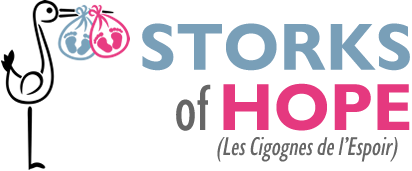Egg donation: who is it for? In which scenario?
Women under 40: when should egg donation be considered?
Egg donation may be offered to women under 40 in the following cases:
- Specific female infertility: egg donation can be a solution for women with ovarian-origin infertility, for example in case of anovulation, severe endometriosis, or where chemotherapy or radiotherapy has damaged the ovaries.
- Genetic abnormality: egg donation may be an option for women with a serious genetic abnormality, such as female-transmissible genetic disease like cystic fibrosis or sickle cell anaemia.
- Lack of oocytes: egg donation can be a solution for women who do not have oocytes, for example in the case of early menopause or polycystic ovary syndrome.
Women over 40: when should egg donation be considered?
Egg donation is an option to consider for women over 40 who wish to have a child. Indeed, women's fertility decreases with age. After 40, the quality of oocytes deteriorates, increasing the risk of miscarriage, congenital malformations, and complications during pregnancy.
Egg donation allows women to benefit from young and healthy oocytes from a donor aged between 18 and 35. This increases the chances of successful in vitro fertilisation (IVF) and of achieving a full-term pregnancy.
The advantages of egg donation for women over 40.
Egg donation offers a number of advantages to women over 40:
-
Increases the chances of pregnancy: the success rate for IVF with egg donation is 40-60%, compared to 20-30% without egg donation.
-
Reduces the risk of complications: the risk of miscarriage, congenital malformations and complications during pregnancy is lower when the mother uses young, healthy eggs.
-
A chance of motherhood: egg donation enables women over 40 to have a child, even if their own ovarian reserve is insufficient.
Egg donation is a safe and effective procedure that can allow women under and over 40 to have a child.

